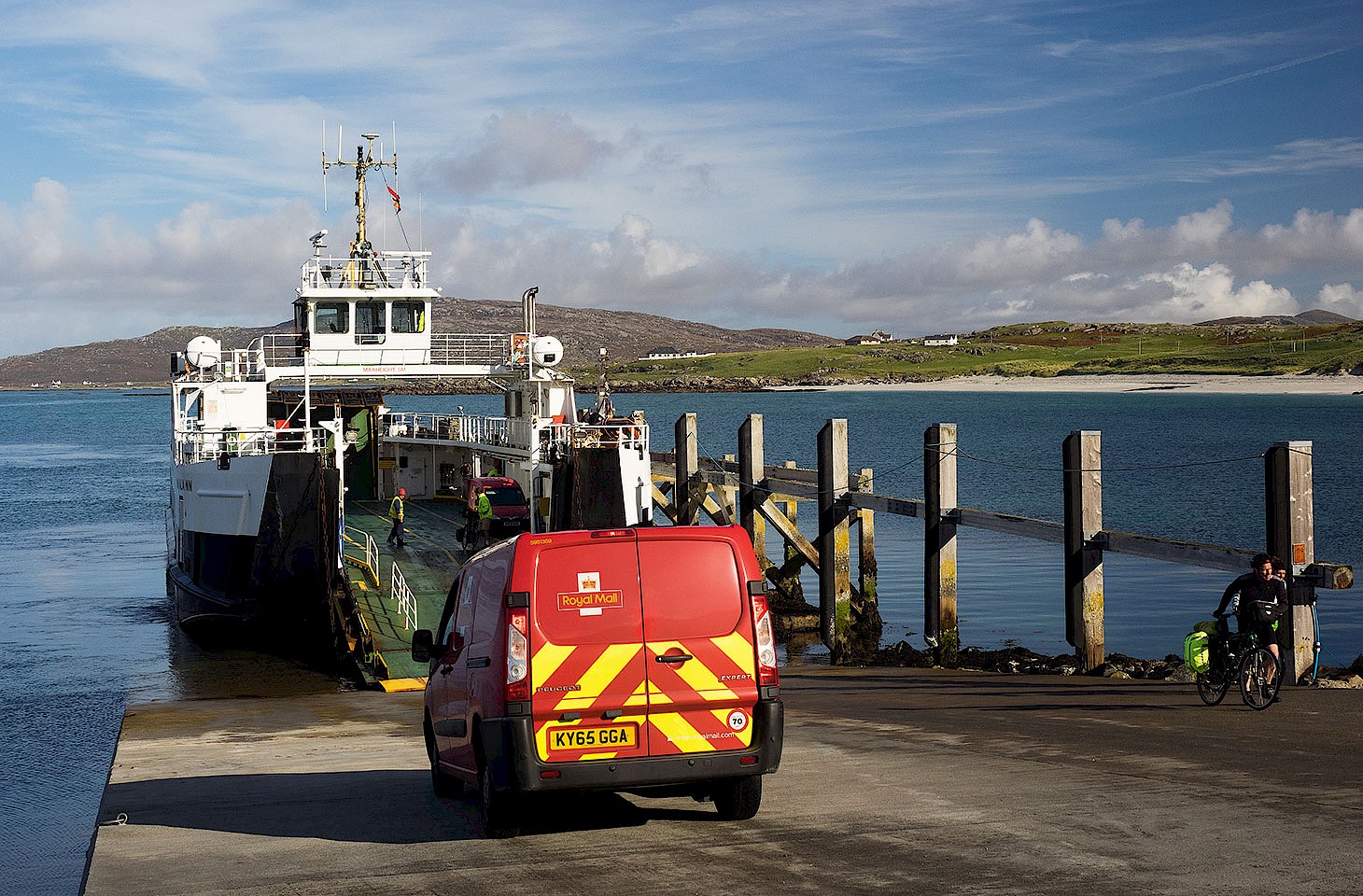Dear fellow travellers
On Saturday 25 March, a Bombardier Dash 8 aircraft in the distinctive livery of Flybe will take off from Southampton airport and head south to Munich. It will mark Flybe's final flight on the route.
The background
In early 2015, Flybe applied to the UK Government's Regional Air Connectivity Fund (RACF) for kick-starter support, promising twice-daily flights from 1 April 2016 on the route from the Solent to Bavaria, which at the time was not served by any scheduled flights.
Flybe's bid was successful. It was one of eleven routes supported in a RACF funding round where the winning proposals were announced in late November 2015. The idea behind the scheme is that financial support for a year or two (or exceptionally even for three years) would be an incentive for operators to serve routes where there might otherwise be high commercial risk. Applicants had to submit a business plan showing how the route could remain viable after start-up funding. In short, this is a scheme which encourages market entry, but requires that applicants make a longer-term commitment to a route.
Flybe took nine months to launch its Southampton to Munich route, trimming the schedule back from the promised twice-daily flights down to just a single service each day. But while Flybe dallied, competitor carrier BMI Regional very quickly announced a Southampton to Munich route with - yes, you guessed it - two flights per day. BMI Regional had no RACF support and launched the route as a fully commercial operation, which does slightly beg the question as to why Flybe needed public funding to start its own service. Now, after six months of flying from Southampton to Munich, Flybe is quietly dropping the route.
The bigger picture
It is instructive to look at what happened on the other ten routes supported in the 2015 RACF funding round. The idea was that RACF support would encourage entrepreneurial carriers to react quickly to new opportunities at small airports which might not otherwise have attracted their attention. All eleven routes selected for support were due to have launched by the end of 2016.
Dundee to Amsterdam
There were cheers in Dundee at the news that the city's airport on the bank of the River Tay would secure its first regular international flights. Flybe had put in a RACF application for that one too. There would be a daily return flight to Amsterdam, they promised. By the time the service launched in May 2016, the schedule had been trimmed from seven to six rotations per week.
Last November, Flybe rerouted the flights from Dundee to serve Edinburgh to Amsterdam instead, citing issues over radar coverage at Dundee. Passengers booked to and from Dundee were offered a transfer by bus between Dundee and Edinburgh. Interestingly, the route from Edinburgh to Amsterdam was already well served by two other airlines (Easyjet and KLM) and would not have been eligible for financial subsidy from the RACF. Now Flybe will drop the Edinburgh to Amsterdam route on 25 March.
Derry to Dublin
The Manx carrier Citywing received RACF support for a route from Derry to Dublin, which has from time to time had scheduled services but not in recent years. But in August 2016, following the UK's decision to leave the European Union, Citywing announced that it would not after all launch the route.
Oxford to Edinburgh / Norwich to Newcastle
A small English carrier called Links Air was awarded RACF support for two new routes, viz. Oxford to Edinburgh and Norwich to Newcastle. Oddly, when the Department of Transport announced the award of funding to Links Air, they clearly hadn't noticed that five weeks earlier the Civil Aviation Authority had revoked Links Air's operating licence after concerns over safety. Links Air ceased trading in January 2016.
Three routes from Carlisle
Stobart Group (which styles itself as 'a UK Superbrand') owns and operates Carlisle Airport in north-west England. It would dearly like to see some scheduled flights at the airport, so no surprise that Stobart Aviation applied for RACF support. Three routes were awarded, with the carrier promising daily return flights from Carlisle to Belfast, Dublin and Southend. All three routes were due to launch on 1 April 2016; not a single flight has ever taken off.
The remaining three
That leaves just three successful routes in the 2016 funding round which we have not mentioned. All were applications by Flybe. The airline launched Norwich to Exeter in March 2016, Southampton to Lyon in May 2016 and Leeds-Bradford to Newquay in October 2016. On the face of it, this is good news but it's worth noting that only one of these three routes, that between Leeds and Newquay, is operating at the frequency promised in the airline's original application for RACF support.
Bottom line
One cannot but wonder if, with such a low success rate, the RACF really was a wise investment of public funding. We are very much in favour of interventions to stimulate new markets or where there are significant spin-offs in terms of regional policy, but the RACF surely needs some rethinking.
We should add that for all those routes that were supported, but never actually started, RACF money was never paid to the respective operator. The Department of Transport has confirmed to us that "start-up aid funding for air services remains available to airlines where this has been offered. It is a commercial matter for the airlines concerned to bring these routes to the market."
This is not the place to go into any detailed analysis of the unsuccessful RACF applications. But it is worth mentioning that two applications for inner-Scottish routes never made the final cut. These were proposals for services from Oban to both Barra and Glasgow, using free capacity on an aircraft already based at Oban airport. The latter serves lifeline links from Oban to four Hebridean island airports: Colonsay, Coll, Islay and Tiree.
Nicky Gardner and Susanne Kries
(editors, hidden europe magazine)




